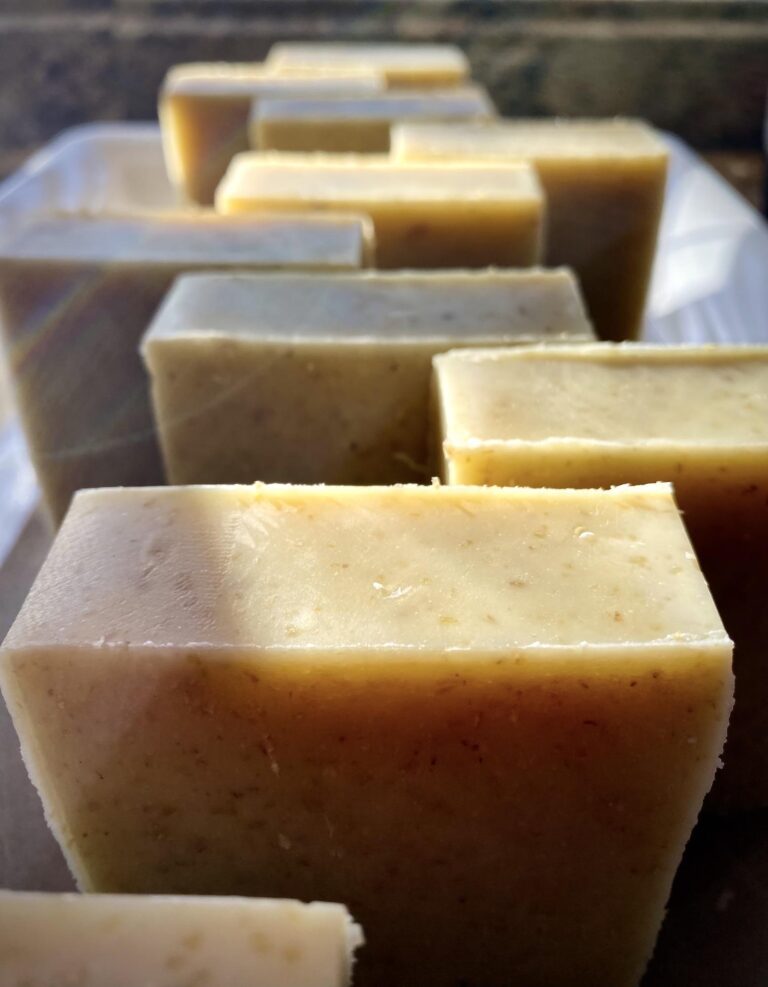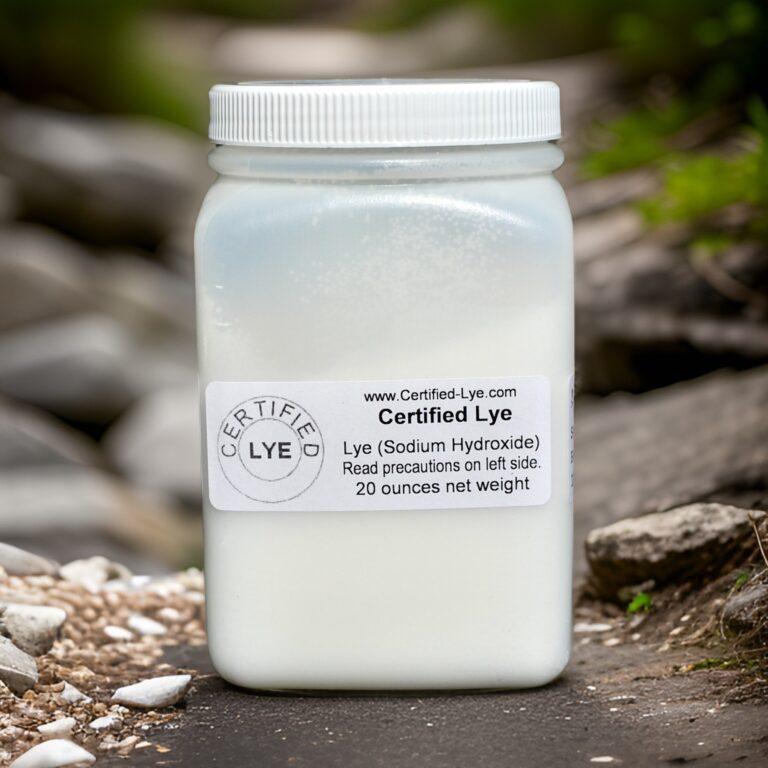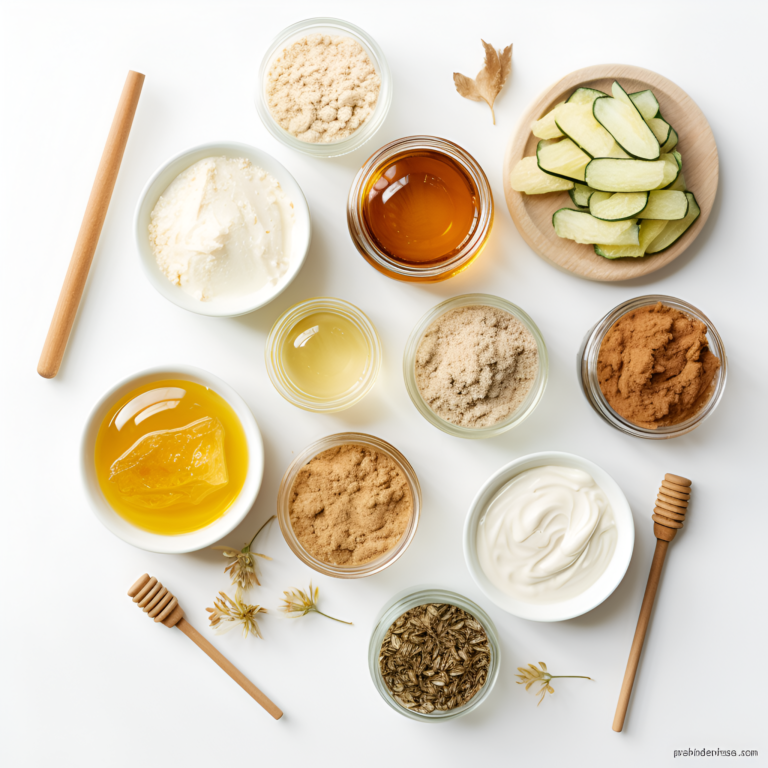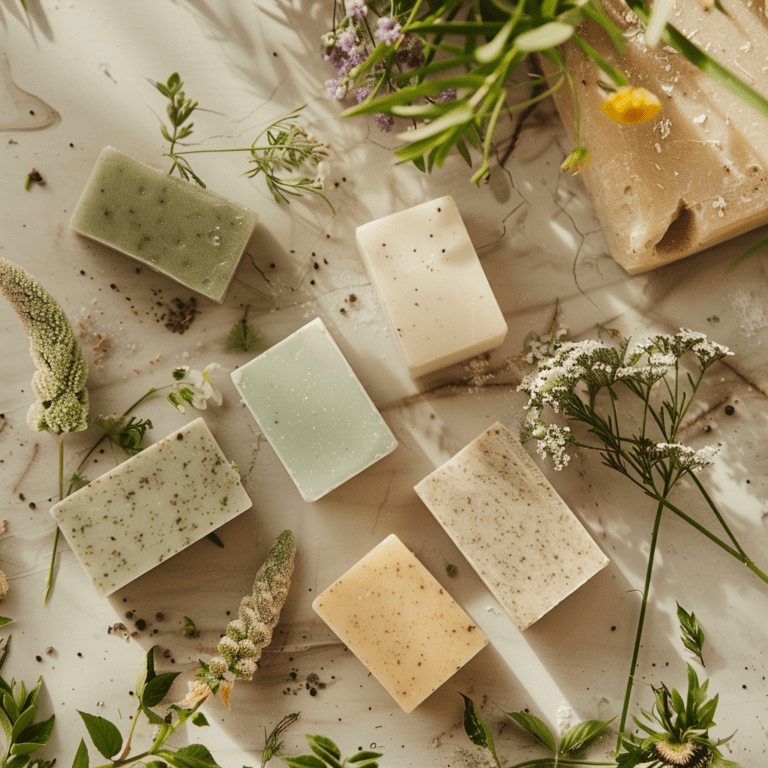Choosing the right natural soap for sensitive skin is crucial to avoid irritation, redness, or long-term damage. Sensitive skin is often more reactive to environmental stressors, synthetic additives, and even certain natural ingredients. That’s why it’s essential to be mindful of what you’re putting on your skin—starting with something as fundamental as your soap.
Look for Simple, Skin-Friendly Ingredients
When selecting a soap, always begin with the ingredient list. A good rule of thumb is: the fewer ingredients, the better. Natural soaps made with gentle, nourishing bases like goat milk, buttermilk, or oatmeal are ideal for sensitive skin. These ingredients not only cleanse but also provide soothing and moisturizing benefits that help maintain the skin’s natural barrier.
Avoid soaps that list synthetic fragrances, parabens, or sulfates—all of which are common irritants. Even some “natural” soaps on the market can include hidden chemicals under umbrella terms like “fragrance” or “perfume.” These often consist of dozens of undisclosed ingredients that may trigger flare-ups or allergic reactions in sensitive individuals.
If you’re unsure, look for soaps labeled fragrance-free or unscented, and opt for those that use essential oils in minimal amounts or not at all. Even essential oils, while natural, can sometimes irritate sensitive skin—especially in higher concentrations.
How You Use the Soap Matters, Too
Beyond ingredients, how you use your soap plays a key role in caring for sensitive skin. The water temperature, for instance, can either help or hinder your skincare efforts. Always use lukewarm water—not hot—when washing your face or body. Hot water may feel relaxing, but it strips your skin of its natural oils and weakens the protective barrier, making it more susceptible to dryness and irritation.
In addition, avoid using loofahs or abrasive sponges. Instead, gently cleanse your skin with your hands or a soft washcloth, using light, circular motions. Rubbing too hard or over-washing can lead to inflammation, redness, and discomfort.
After washing, gently pat your skin dry with a soft towel instead of rubbing it. This small change can significantly reduce irritation and help your skin retain moisture.
Don’t Skip Moisturizing
One of the most important steps after washing with natural soap is to moisturize immediately. Sensitive skin needs a protective layer to retain hydration and remain calm throughout the day. Choose a moisturizer that is natural, unscented, and free of dyes and alcohols. Ingredients like aloe vera, shea butter, calendula extract, and sweet almond oil are all excellent choices for sensitive skin.
This is especially important if you’re using soaps that have a slightly higher pH or contain ingredients like African black soap, which, while beneficial for some skin types, can be drying if not followed up with a good moisturizer. Natural soaps that deeply cleanse without synthetic agents can still leave the skin more vulnerable if not supported with post-cleansing care.
Final Thoughts
In summary, the key to caring for sensitive skin lies in choosing a gentle, natural soap made with minimal ingredients, using proper washing techniques, and moisturizing consistently. Avoid harsh surfactants, synthetic scents, and scrubbing tools that can cause unnecessary damage.
By following these simple yet effective steps, individuals with sensitive skin can enjoy the benefits of natural skincarewithout compromising comfort or health. Whether you’re looking to simplify your routine or heal your skin from chronic irritation, a well-formulated natural soap can be a powerful and soothing first step.
 Open Today
Open Today






